
This year’s International Open Access Week features the theme of “Open for Climate Justice”.
In conjunction with the International Open Access Week which is taking place all of this week, we are happy to share with you a guest blog post from Dr Lyle Skains, a Principal Academic In Health and Science Communication with Faculty of Media and Communication. Dr Skains’s feature article talks about “Building a Climate Change Educator Community through Open Access”.
You & CO2 (YCO2) is an innovative, interdisciplinary project combining research and public engagement activities to encourage young people, aged 12-15, to engage with the global problem of climate change on a local scale and to commit to behaviour changes that will reduce their carbon footprint. Specifically, we collaborate with teachers to offer a series of multidisciplinary workshops teaching teens about climate change and climate action through playing/reading and creating interactive digital narratives. We then measure the effects of the workshops on student attitudes toward climate change and action.
Because the research team is so strongly committed to action around climate change, we’ve agreed to make all materials associated with the project open access (OA) as much as possible, to ensure that not only do our peers in academia (with institutional affiliations and library access) have access to the knowledge we are generating, but also so that teachers, parents, kids, and policymakers have easy access as well.
YCO2 materials encompass three areas: research outputs, teaching materials, and creative/coding materials. We’ve made all three areas OA. Some are easier than others! There’s no publishing industry or career metrics associated with the production of teaching materials and creative/coding texts, so we’re free to distribute those via the internet, direct from us to you. Our research outputs, however, are a different story.
For a lot of academics (me included!), the words “open access” are, to para-quote Anthony from Season 2 of Bridgerton, the “bane of our existence, and the object of all our desires”. As researchers, we’d love for all of our work to be open access—in general, we got into this gig to generate and share new knowledge, not to be content monkeys for an overgrown publishing industry.
Of course, somewhere along the line that’s what we became, and if we actually want our work to be OA (and we do, and our funders do…), we have to bail out that publishing beast with every OA article by paying some pretty steep publishing fees. Not to mention the fact that we have to navigate a maze of rules, regulations, bureaucracy, changing funders’ requirements, and institutional agreements just to get our research in a respectable form that everyone can access. It’s… a lot.
For every journal article we publish on YCO2—and so far we’ve published three, with two more in review—we jump through every one of these hoops. It’s important that we do. Our program’s purpose is to educate and influence people to act against climate change. It does no good whatsoever if no one knows about it. The project is designed to be run in schools, so it needs buy-in from teachers, headteachers, principals, IT professionals, and parents.
We don’t have a built-in distribution service. We rely on word of mouth, social media, presentations at public events, and direct contact with schools. Teachers find us through Twitter and Royal Society newsletters. If we are going to be able to convince them to run our program in their classrooms, they need to see what we’re doing with it. What we (and by extension they) are getting out of it. We shouldn’t be the only ones benefiting from the knowledge they help us generate.
When they see our website, our publications, our freely offered teaching materials, teachers can determine exactly how the program fits with their needs, how they can use it to improve their curriculum, and how their input and activities contribute to future iterations of the program. Making our materials OA helps us develop a relationship between teachers and the YCO2 program, establishing a network of climate change educators dedicated to effecting change.
That makes it worth all the hoop-jumping and red tape, not that we don’t wish there were a better way!
To find out more about Dr Skains and her research area, please visit Dr Skains’s Staff Profile Page.
Some of Dr Skains’s articles which are available open access include the following:
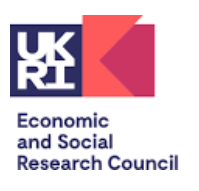 This week I had the pleasure of receiving two rejection emails from two different national organisations. On Monday the BSA (British Sociological Association) apologised for not putting my name forward to join the ESRC DTP (Doctoral Training Partnerships) Peer Review College. The BSA panel received “a high number of applications which were all of a very high standard. A maximum of only three names could go forward and I’m afraid, on this occasion, your application was not successful.”
This week I had the pleasure of receiving two rejection emails from two different national organisations. On Monday the BSA (British Sociological Association) apologised for not putting my name forward to join the ESRC DTP (Doctoral Training Partnerships) Peer Review College. The BSA panel received “a high number of applications which were all of a very high standard. A maximum of only three names could go forward and I’m afraid, on this occasion, your application was not successful.”


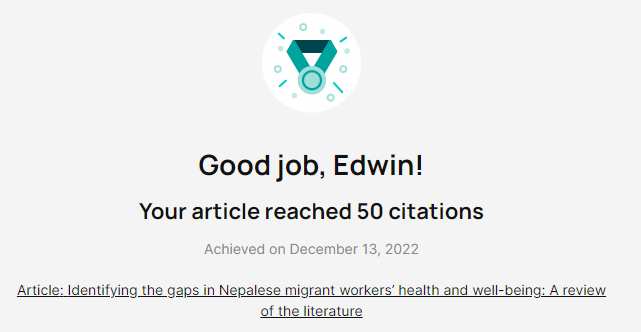



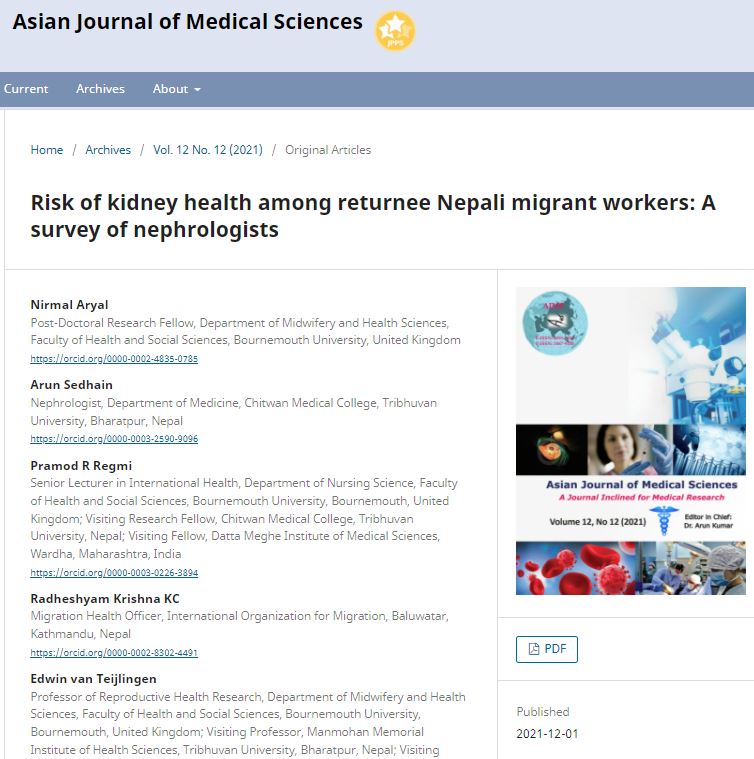
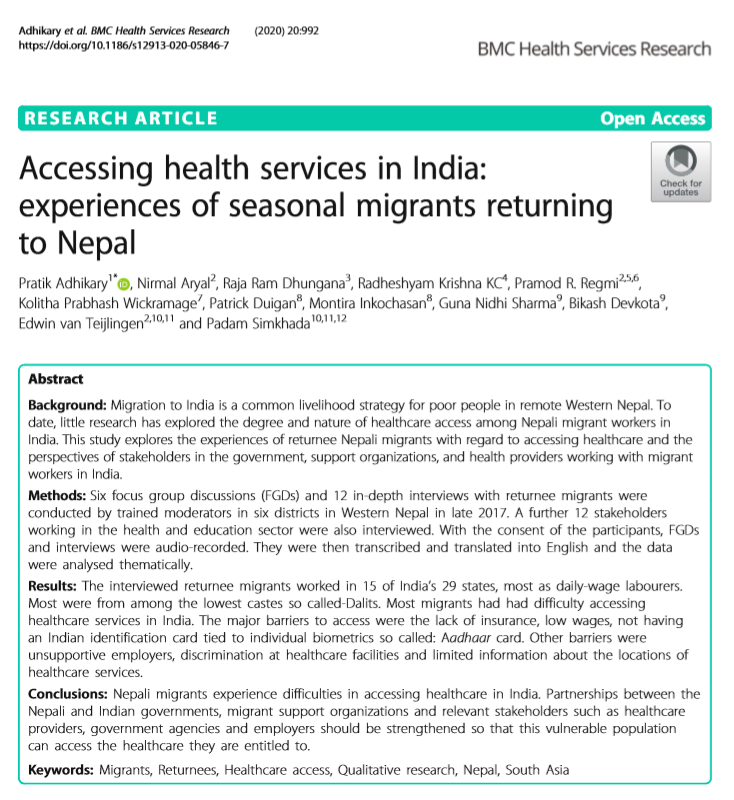


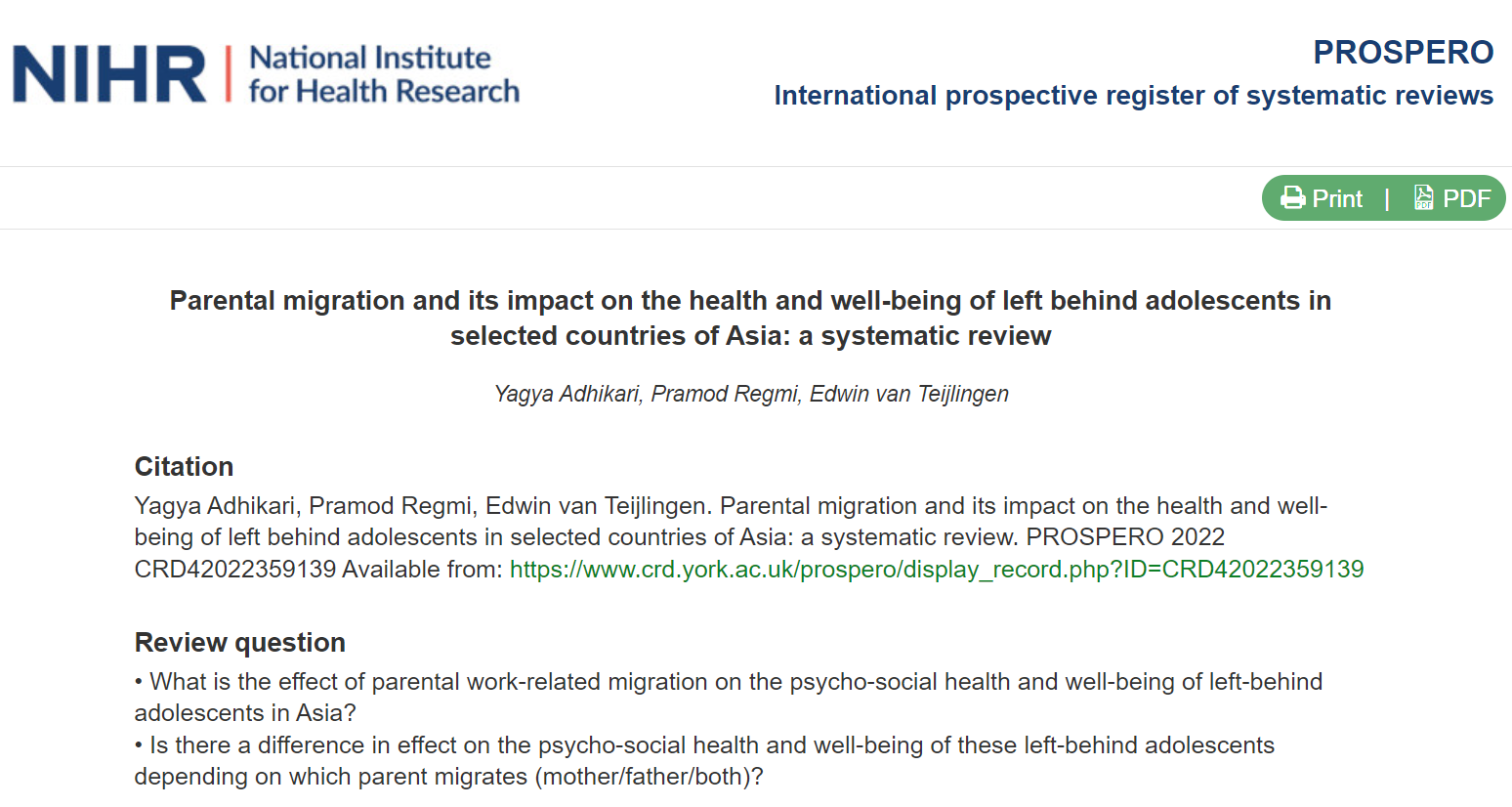
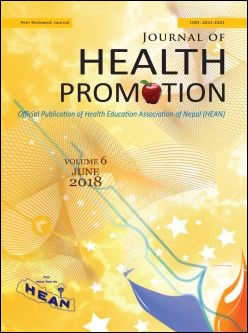

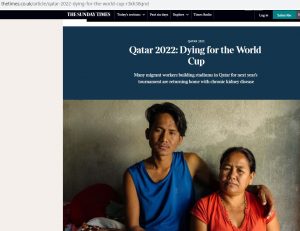

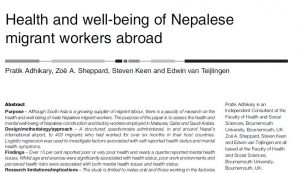
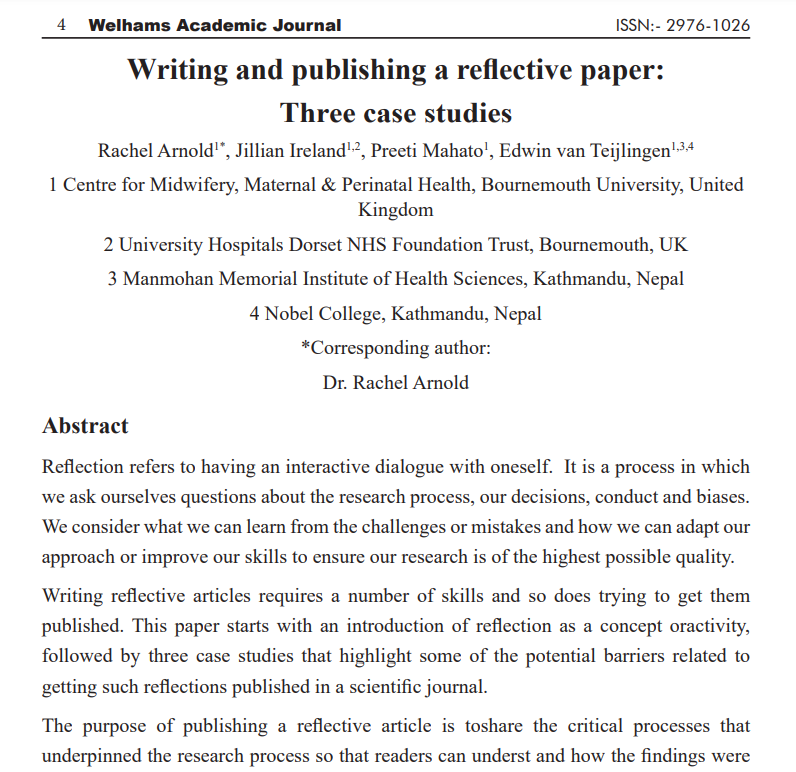



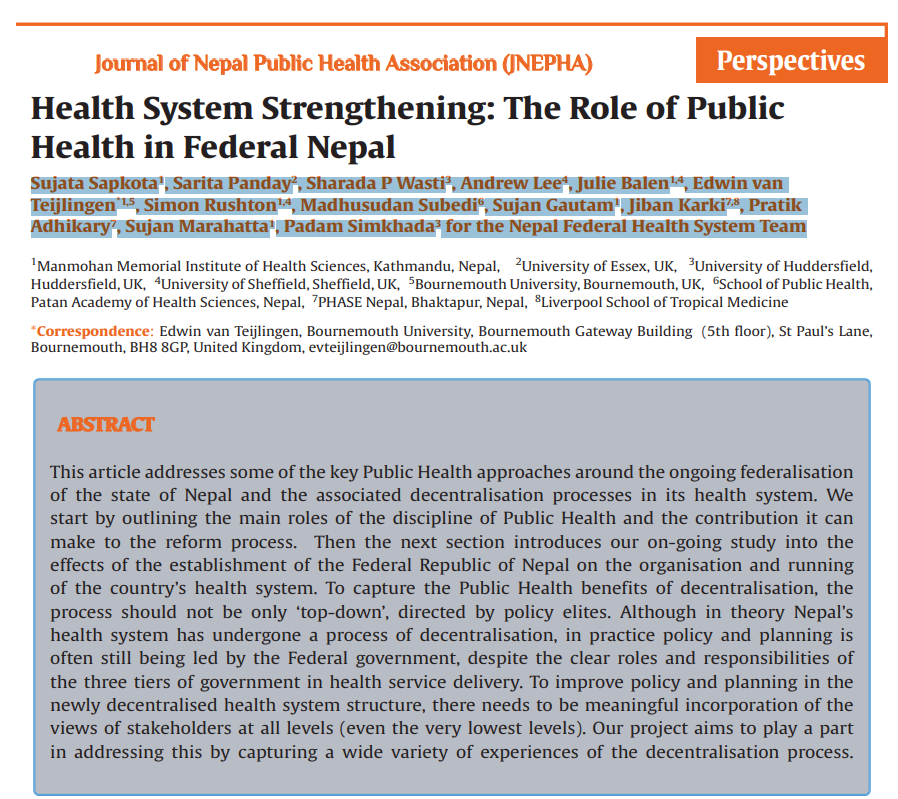
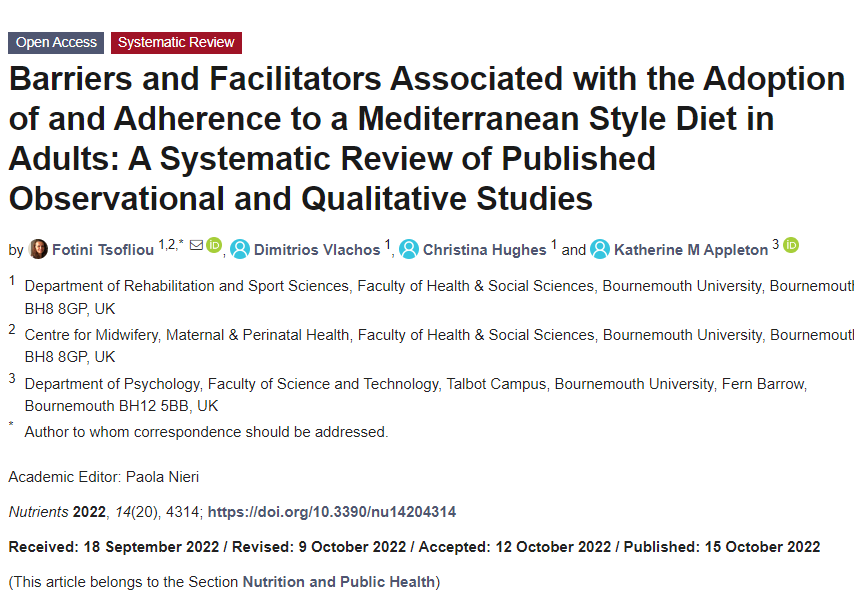





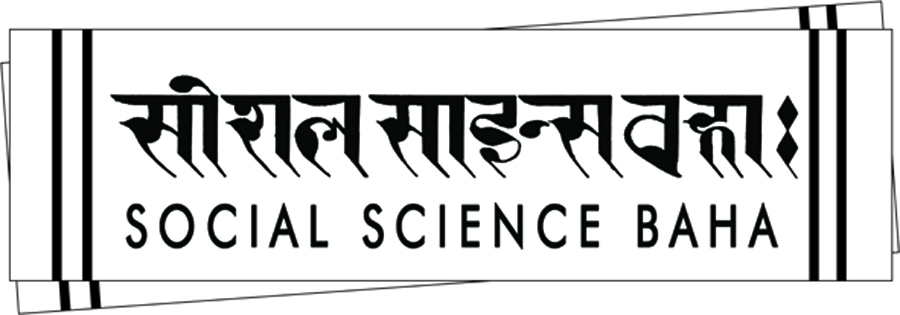
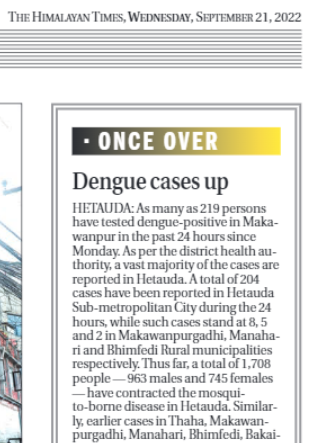
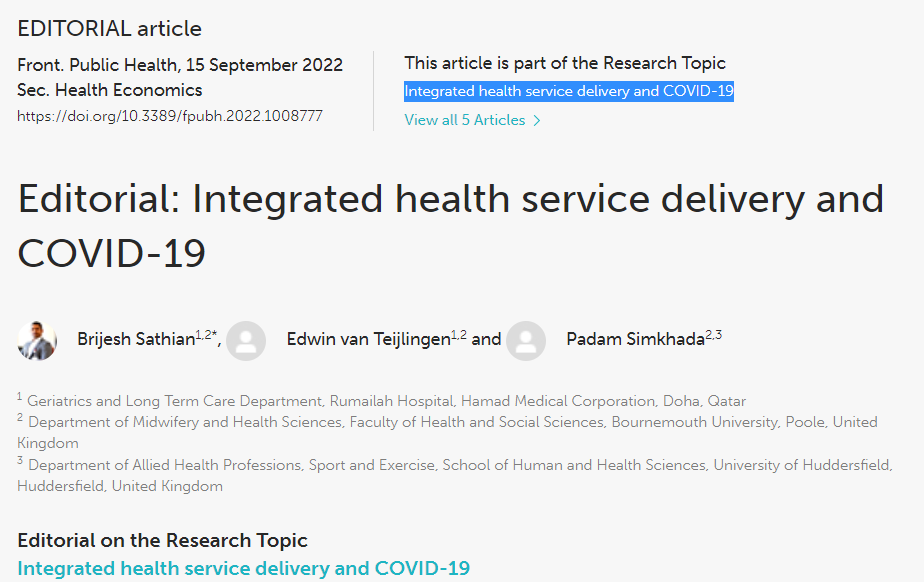
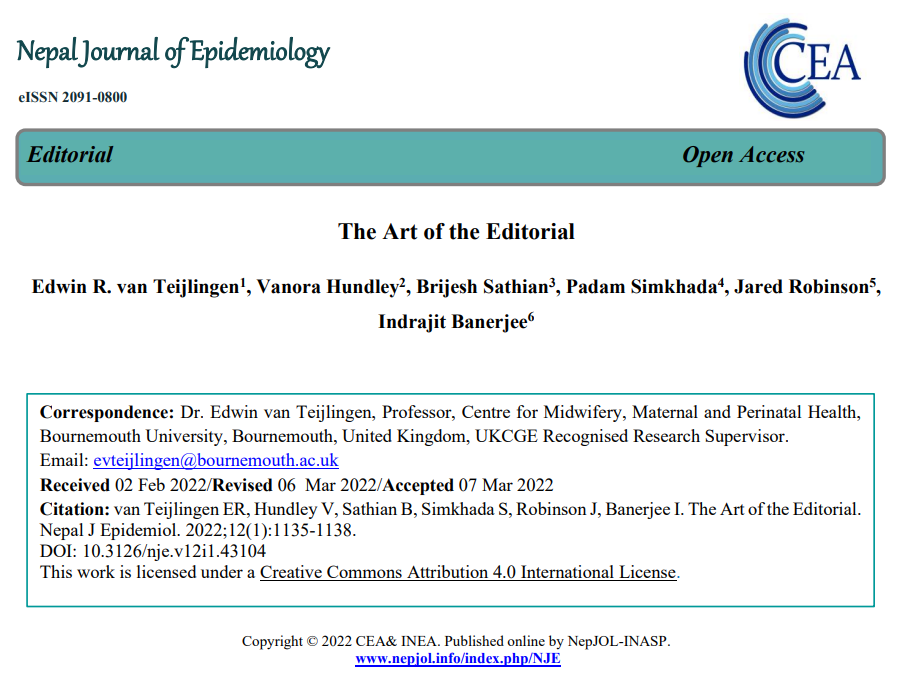











 New weight change BU paper
New weight change BU paper One week to go! | The 16th Annual Postgraduate Research Conference
One week to go! | The 16th Annual Postgraduate Research Conference Geography and Environmental Studies academics – would you like to get more involved in preparing our next REF submission?
Geography and Environmental Studies academics – would you like to get more involved in preparing our next REF submission? Congratulations to three former BU staff
Congratulations to three former BU staff MSCA Staff Exchanges 2024 Call – internal deadline
MSCA Staff Exchanges 2024 Call – internal deadline Applications are now open for 2025 ESRC Postdoctoral Fellowships!
Applications are now open for 2025 ESRC Postdoctoral Fellowships! Horizon Europe – ERC CoG and MSCA SE webinars
Horizon Europe – ERC CoG and MSCA SE webinars MaGMap: Mass Grave Mapping
MaGMap: Mass Grave Mapping ERC grants – series of webinars
ERC grants – series of webinars